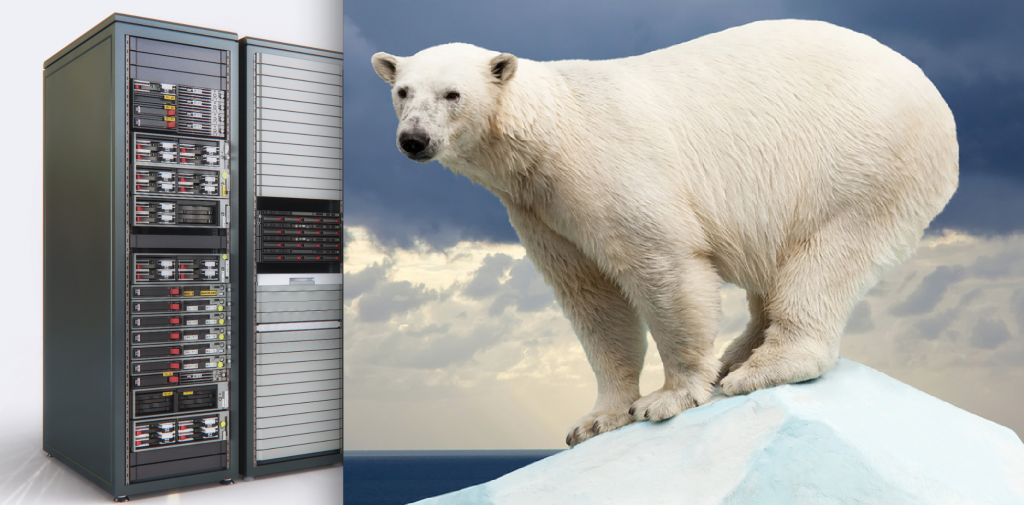Defenders of Wildlife Stashes 14,000 Endangered Species Documents Before Trump Can Delete

(EnviroNews Nature) — Washington D.C. — Nearly 14,000 documents related to the Endangered Species Act (ESA) have been preserved and made available for improved conservation efforts under a new initiative launched March 30, 2017, by Defenders of Wildlife (Defenders).
“The Endangered Species Act is the strongest conservation law in the world and our primary tool for protecting species and their habitat,” stated Ya-Wei Li, Vice President of Endangered Species Conservation at Defenders. “But inadequate funding, knowledge gaps, risk aversion, climate change, and many other challenges threaten to cripple its effectiveness.”
The effort, dubbed the Center for Conservation Innovation (CCI), houses the largest searchable database of ESA documents. CCI details all 1,602 listed endangered and threatened species, searchable by geography and taxonomy. The website also offers online interactive maps about activities affecting ESA-listed species. Tools to track species status as well as congressional and state ESA-related funding are provided on the site.
In the wake of the November 2016 election, many scientists launched efforts to preserve key government documents related to climate change and other environmental issues, in fear they would disappear after the Trump Administration took over.
“We started creating this repository of ESA documents months ago precisely because of the fear that controversial documents would be removed,” Li told EnviroNews. “We created a software that ‘scraped’ the entire FWS (U.S. Fish and Wildlife Service) and National Marine Fisheries Service webpages on ESA, and downloaded every document on those pages. That, along with thousands of documents obtained through FOIA (Freedom of Information Act), is how we got to nearly 14,000 documents. We will continue adding documents to our database—in a few years, this number might triple or quadruple.”
Almost immediately after President Trump took office on January 20, all mentions of “climate change” were deleted from the White House website. Some federal agencies and departments, including the Environmental Protection Agency (EPA) and the Departments of the Interior (DOI), Agriculture (USDA) and Health and Human Services (HHS), were directed to not send out news releases or publish posts to their social media pages.
Arctic researcher Victoria Hermann wrote in The Guardian on March 28 that the Trump Administration has been deleting her data. “Since January, the surge has transformed into a slow, incessant march of deleting datasets, webpages and policies about the Arctic,” she stated.
Li, an environmental lawyer who is also Director of the CCI, said the ESA documents are stored on their own servers.
Defenders partnered with Microsoft and Google to make this initiative possible. Both companies provided in-kind grants for cloud computing services, and Microsoft made available its Azure cloud platform to undertake the computationally intensive task of making large numbers of image files text-searchable.
In an exclusive interview with EnviroNews Nature, Li said Defenders was inspired by the “big data” applications that have become commonplace in fields such as medicine and business. “The major benefits of the Center for Conservation Innovation are to make the Endangered Species Act more effective and more cost-efficient for those who have to work with and implement it,” he said. Those constituents, he pointed out, include both regulators and those being regulated.
“It is objective information and it us free for any one to use,” Li concluded.
FILM AND ARTICLE CREDITS
- Dan Zukowski - Journalist, Author



